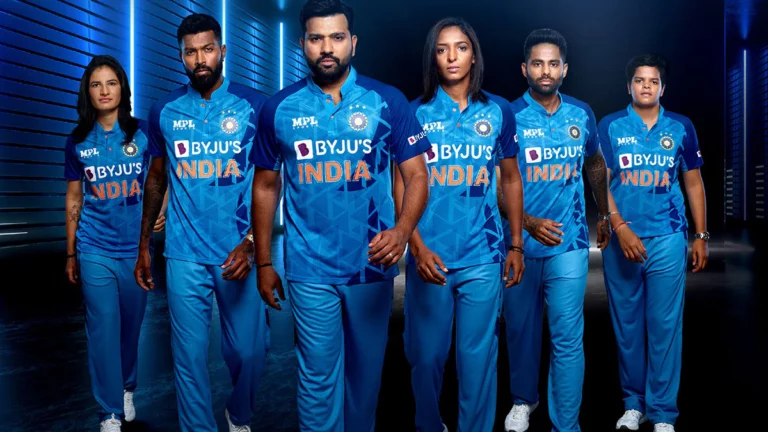IPL Team Dynamics and Player Relationships: 99exch, Reddy Anna Book, Allpanel
99exch, Reddy Anna Book, All Panel.com, Allpanel: Building a successful team starts with a thorough selection process. Each member’s skills, experience, and attitude are carefully evaluated to ensure they align with the team’s goals and objectives. The selection process typically involves individual assessments, group interviews, and performance reviews to identify the best candidates who can contribute effectively to the team.
Moreover, diversifying the team by considering different backgrounds, perspectives, and expertise contributes to a more well-rounded and innovative team. It is essential to create a selection process that is fair, transparent, and unbiased to attract top talent and create a positive team dynamic. Through a rigorous team selection process, organizations can build teams that are not only skilled and competent but also cohesive and productive.
Leadership Dynamics within the Team
Diving into the intricate world of leadership dynamics within a team unveils a complex web of interactions and relationships. Each member contributes to the overall dynamic, shaping the team’s culture and cohesion. The leader’s role is pivotal, guiding team members towards shared goals and fostering a sense of unity and collaboration.
Effective communication is the cornerstone of successful leadership dynamics. Clear and open lines of communication facilitate transparency, trust, and understanding among team members. When communication flows freely, conflicts can be resolved swiftly, ideas can be exchanged effortlessly, and team members can feel empowered to voice their opinions and contribute to the team’s success.
Player Mentorship Programs
Mentorship programs play a crucial role in fostering growth and development within sports teams. These programs allow experienced players to share their knowledge, skills, and insights with newer team members, helping them navigate the challenges of both on and off the field. By establishing a system of mentorship, teams can create a supportive environment that encourages communication, collaboration, and personal growth among players.
The mentorship programs not only benefit the mentees but also provide a sense of fulfillment and satisfaction to the mentors. Through the act of mentoring, experienced players can reinforce their own understanding of the game, further honing their leadership abilities, and creating a sense of camaraderie within the team. This mutually beneficial relationship enhances team cohesion and unity, contributing to a positive team culture that is built on respect, trust, and continuous improvement.







